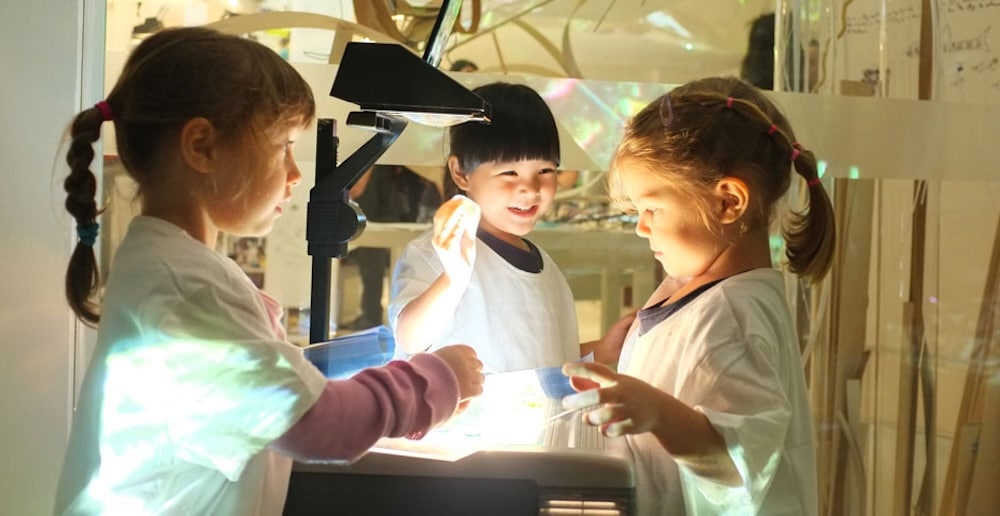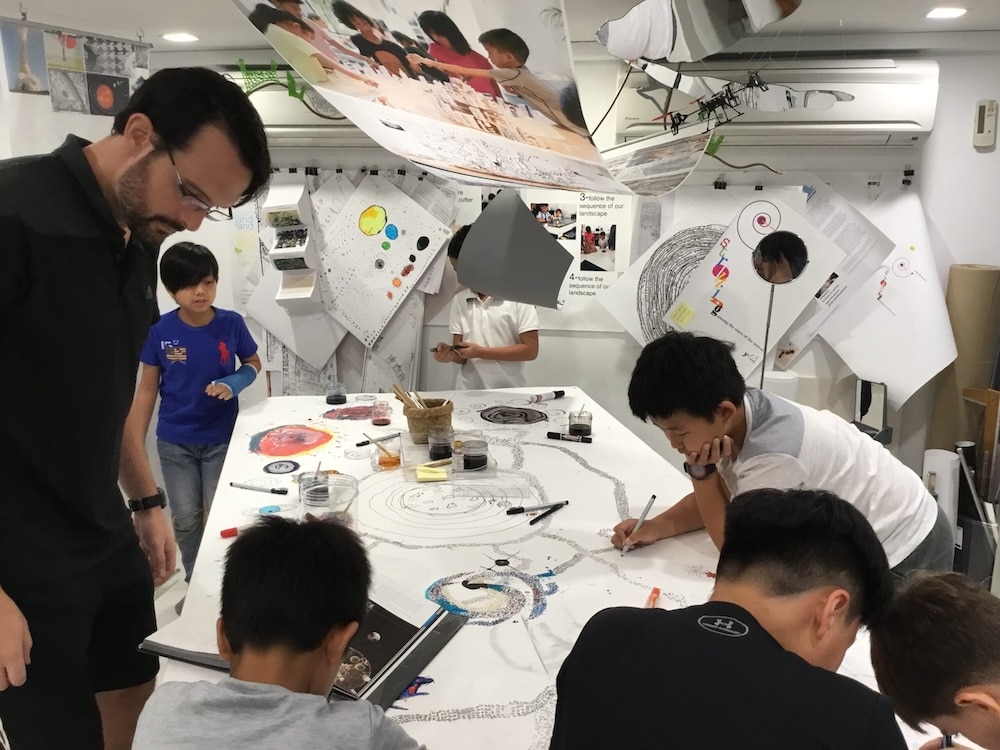Math is exciting. Math is creative. Math helps us make sense of the world.
This is the educational experience we offer at ELC for mathematical learning. Our goal is for children to develop as confident, competent mathematicians who have a strong foundation of mathematical skills that they can apply in problem-solving situations and real world contexts, and we do this through a humanistic approach to math and nurturing a mathematical mindset. Humanistic Mathematics embraces all dimensions of its intellectual identity – the aesthetic, historical, cultural, and philosophical – and allows children to explore mathematical questions and problems through interdisciplinary connections: for example, a piece of artwork by Mondrian might invite children to explore geometric forms. A humanistic approach supports the child in their role as inquirer and opens up math as a beautiful world of patterns, rhythms, and organisation. At ELC, mathematics is integrated into our projects and is threaded into everyday life at school: children acquire mathematical knowledge and skills through the hundred languages, through field trips, through music and movement, through literature, and more. Intuition, creativity, and imagination are welcomed in this approach, and are in fact integral to developing an appreciation for looking at problems and concepts in different ways, for tackling abstract ideas through the concrete and familiar, and for developing visual techniques to delve deeper into a topic.
Humanistic Mathematics challenges those pedagogical techniques that tend to focus on recall of formulas and procedures and on closed, discrete questions; instead, we focus on creating space for exploration already built into tasks and through questions that are open-ended or open-routed, and ‘low floor and a high ceiling’ – that is, they are accessible to all children but they can be extended to high levels. This is key to the ‘mathematical mindset’ (Boaler) that our teachers actively strive to cultivate amongst the children. Integral to this mindset is the understanding that mathematics is something that can be learnt, it is a growth subject, it is not an innate gift or skill-set, and it is not about performance: ‘When students see math as a broad landscape of unexplored puzzles in which they can wander around, asking questions and thinking about relationships, they understand that their role is thinking, sense making, and growing’ (Boaler). This mindset applies beyond mathematics, and indeed beyond the classroom. Rich and accessible mathematical problem-solving encourages children to reason their way to a solution, reflect on different perspectives and strategies, and consider their own way of thinking, which ultimately supports the development of autonomous, confident life-long learners.







